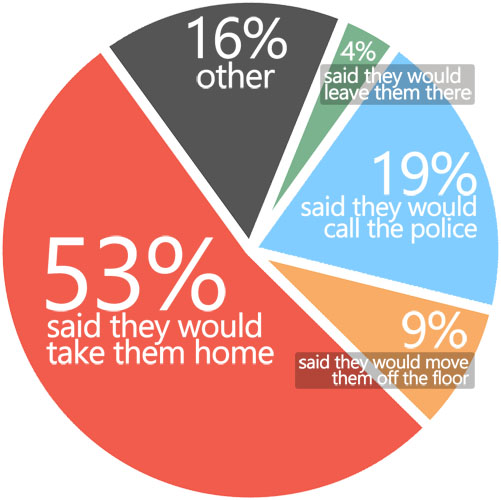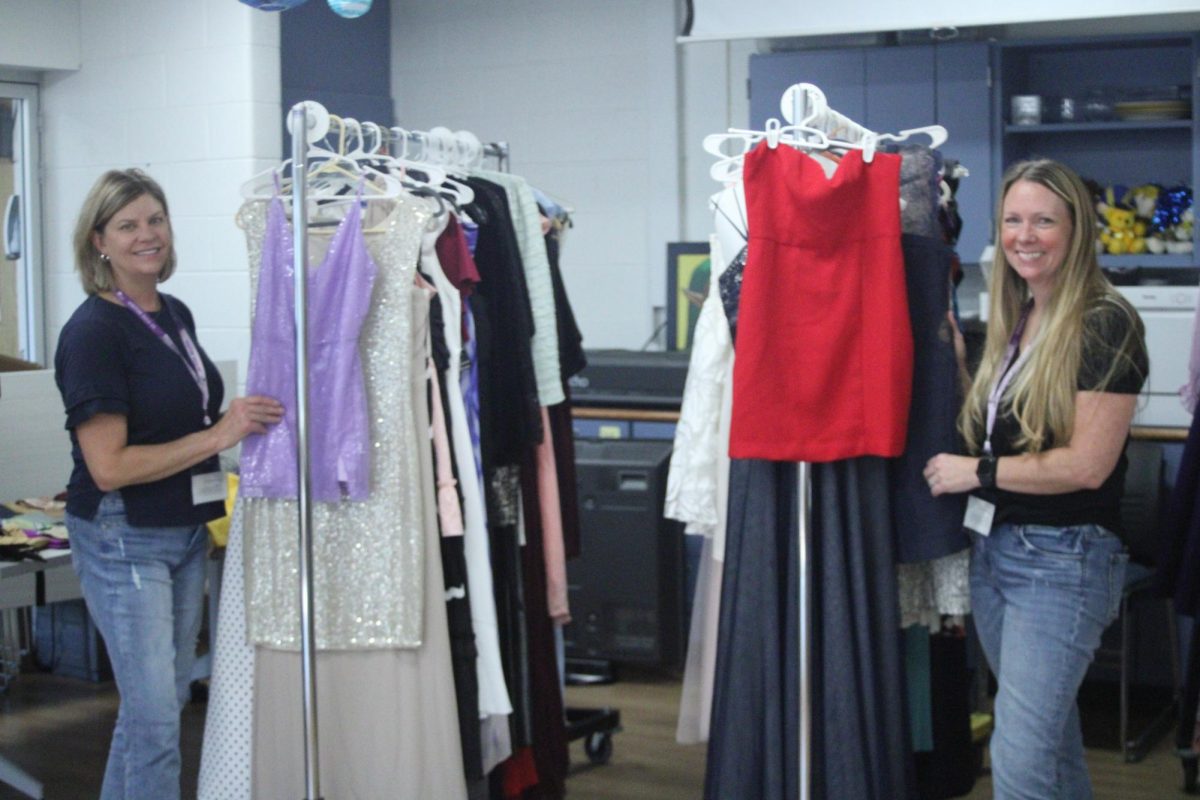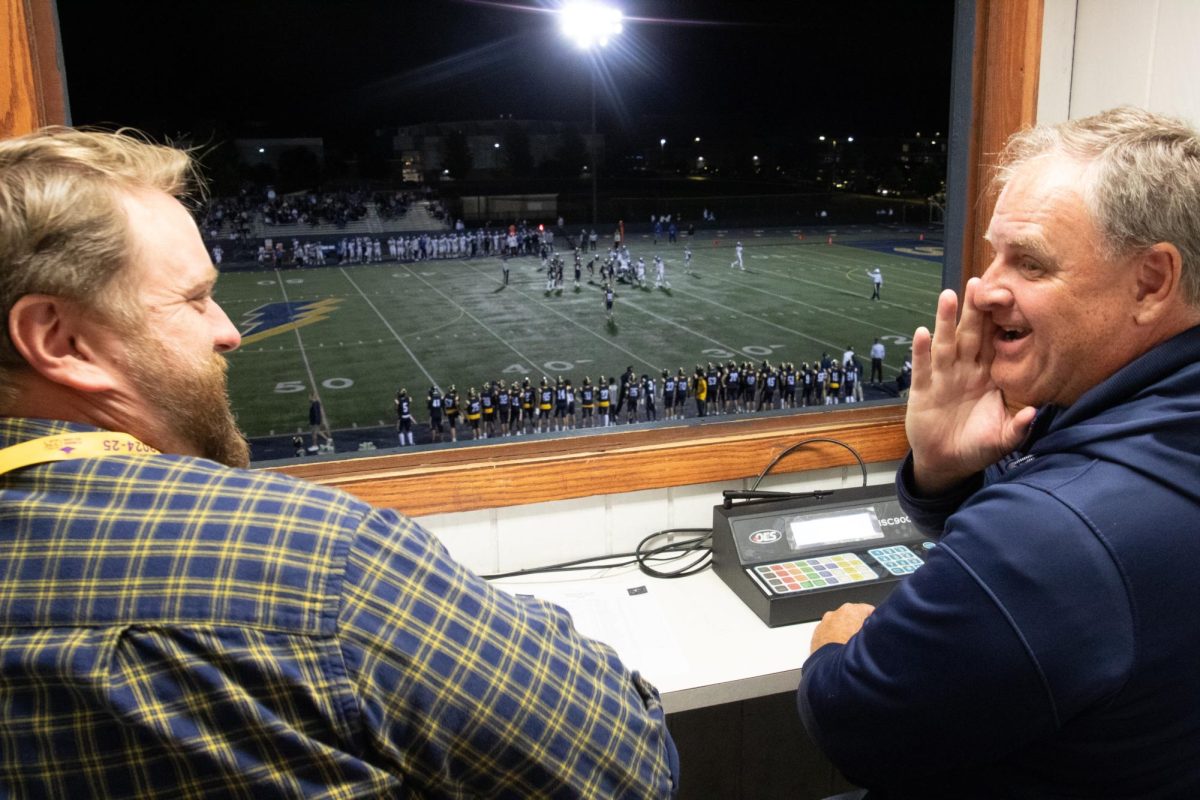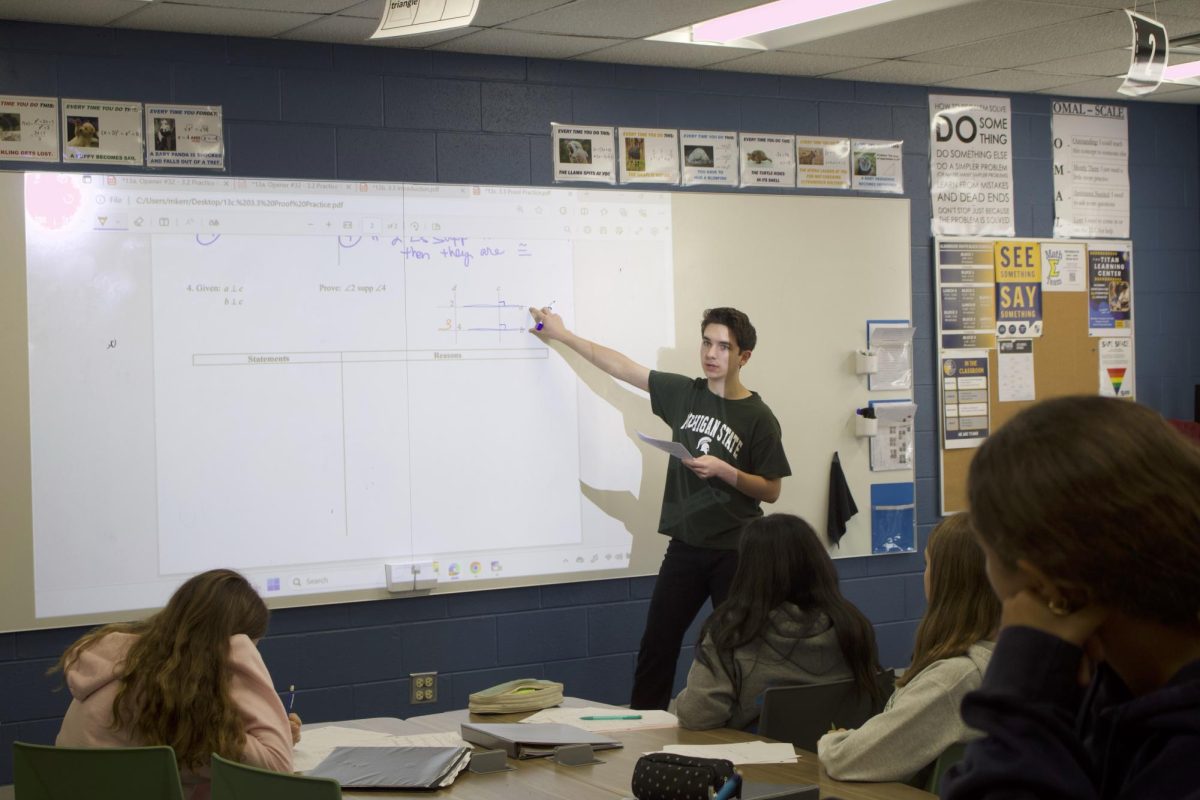Rachel Fiege – Indiana University
Rachael Fiege, a freshman at Indiana University at Bloomington, would have recently finished midterms had she not died after falling down a flight of stairs at a party on Aug. 23. Although the toxicology report is yet to be released, Indiana Senator Jim Merritt said that she may have consumed alcohol because officials confirmed that there was alcohol at the party. Police were called seven hours after Fiege sustained her injuries.
According to Laury Flint, Bloomington police chief, Fiege was watched by friends in the house who suspected that she was just resting after her fall.
Her family made the decision to take her off life support when doctors declared her brain-dead on the morning of Aug. 24, according to The Huffington Post. South graduate Ellen Takagi, IU freshman, said that this incident concerns her, especially since Fiege lived in Takagi’s neighborhood at IU.
“[Her friends] thought that she had just passed out from drinking,” Takagi said. “Had they known something was going on with her, they might have asked for proper help. It’s freaky for me, just being a freshman girl, being able to put myself in this situation because I’m from [her] neighborhood. I just think, ‘That could be me.’”
Kinara Patel – Villanova University
Six days after Fiege’s death, Kinara Patel, Villanova University sophomore, was found dead in a dorm room by a friend on the morning of Aug. 29, after a night out in Bryn Mawr, PA. She was confirmed to have died from acute alcohol poisoning by the DeLaware County Medical Examiner, according to NBC Philadelphia10 News.
According to South graduate Molly McMahon, a Villanova freshman, a Law similar to Lifeline exists at Villanova; administrators strongly encourage students use this resource to ensure safety on campus.
“I think it’s important to place your friend’s safety above whatever drama may occur by them getting mad at you for calling the police and getting that person in trouble,” McMahon said. “The long term is more important than the short term.”
Thu Yain Kyaw – University of Southern California
After returning from a fraternity Halloween party on Oct. 24, USC sophomore Thu Yain “Roy” Kyaw passed out on his back in his apartment. His brother found him four days later on Oct. 27. Toxicology reports determined Roy had suffered from acute alcohol poisoning, which led to his death.
According to Ben Kraus, a South alum who will start classes at USC next semester but who currently lives on campus, a Law like Lifeline is promoted by administrators on USC’s campus, especially since Kyaw’s death. Kraus acknowledged that this policy may be an enabler to underage drinking, but said that the chance to keep students safe outweighs any concerns.
“While I think there is some legitimacy to the argument of enabling students by giving them a safety net to rely on while they just go all out, I think it’s more important that a student be able to make a decision to help their friend…especially in potentially life-threatening situations,” Kraus said.
Reflecting on the USC student body’s reaction to Kyaw’s death, Kraus said he believes it has incited questions about whether the campus environment has been made safe enough for students, and he also believes that people being more open to calling the police is a big part of that.
“I think that it’s completely bogus that anybody who would call for their friend would get in trouble,” Kraus said. “If [the caller is] in a responsible enough state to make the decision to help out someone who [needs help], then [that person] shouldn’t face any penalties.”
South Drinking Trends
Throughout high school and college, many students choose to participate in binge drinking, a type of drinking that is defined by consuming a large amount of alcohol in a short period of time. Binge drinking is associated with many serious risks, including death.
According to an Oracle-conducted survey of 229 students, 50 percent of the 114 students who stated that they have consumed alcohol said that they have passed out or blacked out from drinking an excessive amount.
One of these students, junior Kasey Harrison*, binge drank at a party in order to appear more social.
“I wanted to avoid social awkwardness, and I wanted to be more outgoing to meet more people,” Harrison said. “My friends took care of me, but everyone else kind of disregarded me.”
According to the survey, over 60 percent of the students who stated that they drank alcohol said that they began freshman year or earlier. Since beginning to drink, some said that their habits have evolved. Many stated that they consume much more alcohol now than they did when they first started and do so more frequently. Others said that they now drink with different intentions.
According to the National Institute of Alcohol Abuse and Alcoholism (NIAAA), roughly half of teenagers who drink alcohol choose to become intoxicated through binge drinking. Mackenzie O’Brien, IU freshman and South alumnus, believes that the reasons behind binge drinking stay consistent from high school to college, but the environment changes.
“The drinking atmosphere changes a lot from high school to college,” O’Brien said. “College is much riskier. You need to be much more cautious of your surroundings in college when you are drinking. Also, there is more peer pressure to drink in college because it’s the ‘cool’ thing to do.”
Ben Kraus, a South alum who will start classes at USC a semester late but currently lives on campus, also acknowledged the increased risk that comes with drinking at college.
“In college, it’s almost impossible not to find drinking going on all over the place at any given time throughout the week,” Kraus said.
Kraus stated that he felt the high school drinking environment is more controlled than in college.
Regardless of the age at which one chooses to consume alcohol, the dangers and health risks are extensive and students should make a conscious effort to decrease these risks in an educated manner, according to Health Teacher John Skorupa.
“If there [is] a sober person with someone who is intoxicated, first and foremost, never leave the person alone,” Skorupa said. “If the person becomes unconscious or passes out, roll them into the recovery position – on their side or face down – never on their back, and you must immediately call 9-1-1.”
According to Dean Ronald Bean, having a Law similar to the Lifeline Law would positively affect people’s decisions to seek help from the police or school administrators. According to Indiana Senator Jim Merritt, architect of the Lifeline legislation, the Lifeline Law was recently passed in Indiana and provides a student who seeks emergency medical assistance for an unresponsive person with no legal consequences, even if the student is under the influence.
Bean appreciates that the Law prevents teens from being prosecuted for underage drinking and gives them the incentive to call for help. Currently, teens often find themselves giving amateur and potentially harmful aid to sick peers.
Senior Jake Adams*, after one of his friends drank an excessive amount of alcohol and became very sick, described why he was fearful of seeking medical attention.
“The Law prevented me from getting further help [because I was] scared of getting caught,” Adams said.
Bean explained that the Law as it stands deters teens from making the call that could keep someone out of serious danger.
“When people are under the influence of alcohol, they don’t make great decisions,” Bean said. “That affects the choices people make when…they see a friend in distress. They think, ‘I don’t want to get in trouble,’ or ‘I don’t want to get my friend in trouble.’ They think that [the drinker] just needs to sleep it off […] but the reality of the situation is that this [assumption] is not keeping them safe.”
Junior Janice Kelley*, a student who abstains from drinking but attends parties that have alcohol present, has witnessed many people in situations like those that Bean described.
“I was definitely really freaked out knowing the potential dangers associated with alcohol, but being surrounded by people who [weren’t] in a state to help [was] frightening because if anything happened to that kid, I would feel like it [was] on me,” Kelley said.
Kelley also said that teenagers tend to belittle those who “black out” for not being able to “handle their alcohol,” decreasing the opportunity for the inebriated student to receive medical attention if it was needed.
According to O’Brien, the Indiana Lifeline Law implemented at her university permits students under the influence to call the authorities for help with no consequence.
Merritt hopes the Law sheds light on the ongoing issue of underage drinking and will increase the safety of students.
“It was time to acknowledge… that kids do drink alcohol under 21 and we shouldn’t ignore that any longer,” Merritt said. “An arrest could ruin your life… kids make mistakes along with adults… I would encourage every university and college to have the [Lifeline Law]. That ought to be a cornerstone for every [campus].”
*Names have been changed









